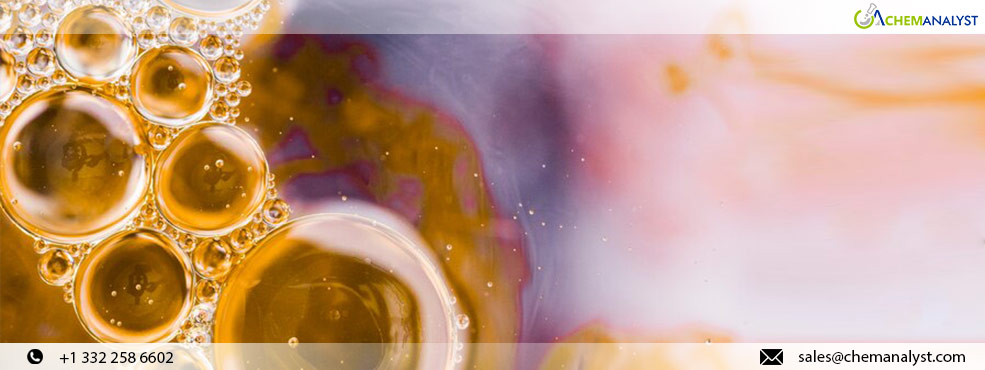Welcome To ChemAnalyst

The price of Polyalphaolefin (PAO) has remained steady in the US and European markets over the past week, despite improvements in the automotive sectors of these regions. Despite signs of recovery in automotive industries, the demand for PAO has not seen a significant increase, keeping market conditions relatively muted. During the week ending April 12, 2024, the price of PAO 4CST was finalized at USD 2440 per metric ton on a Free on Board (FOB) Dusseldorf basis and USD 2400 per metric ton on a FOB Oklahoma basis.
In both markets, merchants had a plentiful supply of Polyalphaolefins (PAO) and stable inventory from manufacturers. This abundance of PAO resulted in a decrease in new orders from potential customers. Domestic PAO enterprises are still operating at a high capacity, maintaining an overall load rate at a moderate level. Most enterprises have seen an increase in their inventory levels, leading to a situation of accumulated stock. Presently, certain manufacturers are progressively reducing their factory prices. Consequently, supply pressure has intensified, weakening support for PAO prices from the supply side.
In March, export sales of downstream lubricating and industrial oils declined, leading to oversupply in the domestic market. This oversupply situation contributed to a reduction in the cost of Polyalphaolefin (PAO) in both the United States and Europe regions. The current bearish sentiment in the lubricant market continues, with downstream consumers displaying limited follow-up on purchases. This trend has prompted merchants to lower prices to stimulate demand and secure orders. In March, despite disruptions in the Red Sea and Panama Canal, transportation costs and stockpiling decreased. This reduction was primarily due to decreases in container rates.
In Germany, automotive sales surged by 21% in March compared to the previous month, while in the US, they rose by 15.5% during the same period. Despite this increase in the automotive sector, the lubricant industry is experiencing sales pressure. Manufacturers are now focusing on securing orders to reduce or stabilize the cost of their products.
It is anticipated that the cost of Polyalphaolefin (PAO) will remain stable to slightly improve in the US and European regions. There is potential for improvement in the coming months following the prolonged decline of PAO prices. The impact on supply chains from the Red Sea disruption has diminished, resulting in a decrease in global transport costs, which have fallen to their lowest levels so far this year.
We use cookies to deliver the best possible experience on our website. To learn more, visit our Privacy Policy. By continuing to use this site or by closing this box, you consent to our use of cookies. More info.
